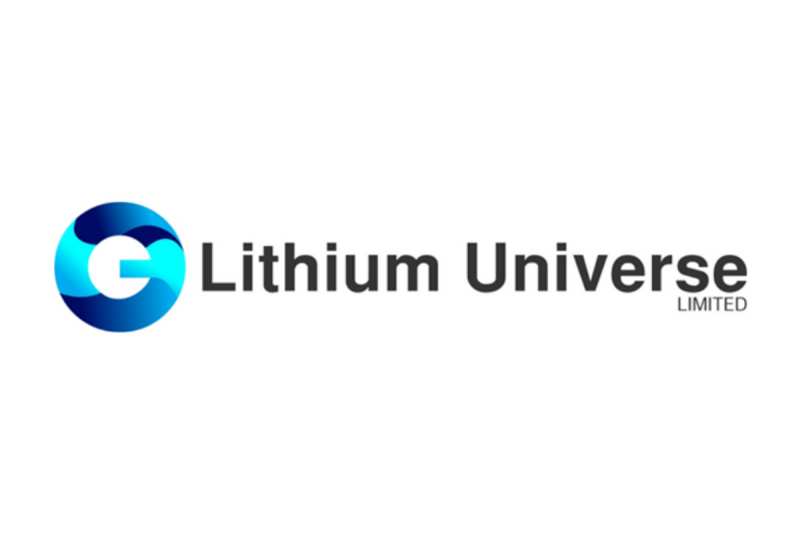Apple (NASDAQ:AAPL), Amazon (NASDAQ:AMZN) and Intel (NASDAQ:INTC) released their latest quarterly results this week, revealing a mixed bag as competition in the artificial intelligence (AI) sector intensifies.
Read on for more details from their announcements and how investors reacted.
You can also click here for a look at the latest results from Meta (NASDAQ:META) and Microsoft (NASDAQ:MSFT).
Apple posts record revenue, loses ground in China
Apple reported record revenue of US$94.9 billion for its fourth fiscal quarter of 2024, marking a 6 percent year-on-year increase. However, the gain came alongside a sharp 36 percent drop in net income to US$14.74 billion, attributed largely to a one-time US$10.2 billion charge linked to a European tax decision.
The iPhone segment remains Apple’s biggest revenue contributor, with sales rising 6 percent to US$46.22 billion, bolstered by the launch of the iPhone 16 series. Apple’s Services division also achieved a quarterly revenue high of US$24.97 billion, driven by growth in the App Store, Apple Music and Apple TV+ subscriptions.
A key area of concern for Apple, however, is its relatively stagnant revenue in Greater China.
Quoting data from IDC, Reuters states that iPhone sales in China dipped 0.3 percent in the third quarter as rival Huawei posted a 42 percent surge in smartphone sales. Apple’s market share in China has slipped to 15.6 percent, allowing it to be overtaken by Huawei, which gained 4.2 percent year-on-year.
The competitive environment in China poses a critical risk for Apple, which has been proactive in diversifying its supply chain by increasing iPhone production in India and reducing lead times globally.
Cloud and ad segments dominate in Amazon’s results
Amazon announced Q3 net sales of US$158.9 billion, an 11 percent increase from last year, with net profit rising to US$15.3 billion. Sales were driven in large part by Amazon Web Services (AWS), which continues to attract businesses looking for AI-powered cloud solutions. It brought in US$27.5 billion, a year-on-year rise of 18 percent.
The competitive landscape for AWS, however, has never been tougher, as both Microsoft and Alphabet’s (NASDAQ:GOOGL) Google intensify their focus on AI investments and cloud infrastructure.
To match the competition, the company plans to scale AWS’ AI capabilities by building new data centers and computing capacity to meet increasing demand from enterprise customers.
Amazon’s advertising revenue also posted a 19 percent increase year-on-year, signifying the division’s growing role within the company’s broader business. In addition, the firm’s international segment posted an operating profit for the first time in over a year, pointing to a recovery in regions outside the US.
Intel beats estimates as restructuring efforts continue
Intel released its Q3 results as it continues a restructuring plan geared at improving performance.
Revenue for Intel’s data center and AI segment rose 9 percent to US$3.3 billion, outpacing analysts’ estimates, but the company posted a US$16.6 billion net loss due to restructuring and impairment charges.
Intel has been facing mounting pressure from NVIDIA (NASAQ:NVDA) and AMD (NASDAQ:AMD), which dominate the AI chip market in market share. While Intel’s traditional PC and server chip businesses have seen renewed demand, the company has largely missed out on the AI investment boom, which is dominated by NVIDIA’s GPUs.
Intel’s outlook for Q4 projects revenue of between US$13.3 billion and US$14.3 billion, and the company has set ambitious targets to increase its capital expenditures for AI hardware in 2025.
However, Intel’s gross margin for the quarter fell short of expectations at 18 percent, indicating that the company has significant ground to cover in cost management and profit recovery.
Despite these challenges, Intel’s longstanding relationships with PC manufacturers and its ongoing investment in foundry services offer the potential to expand its revenue streams.
Securities Disclosure: I, Giann Liguid, hold no direct investment interest in any company mentioned in this article.






